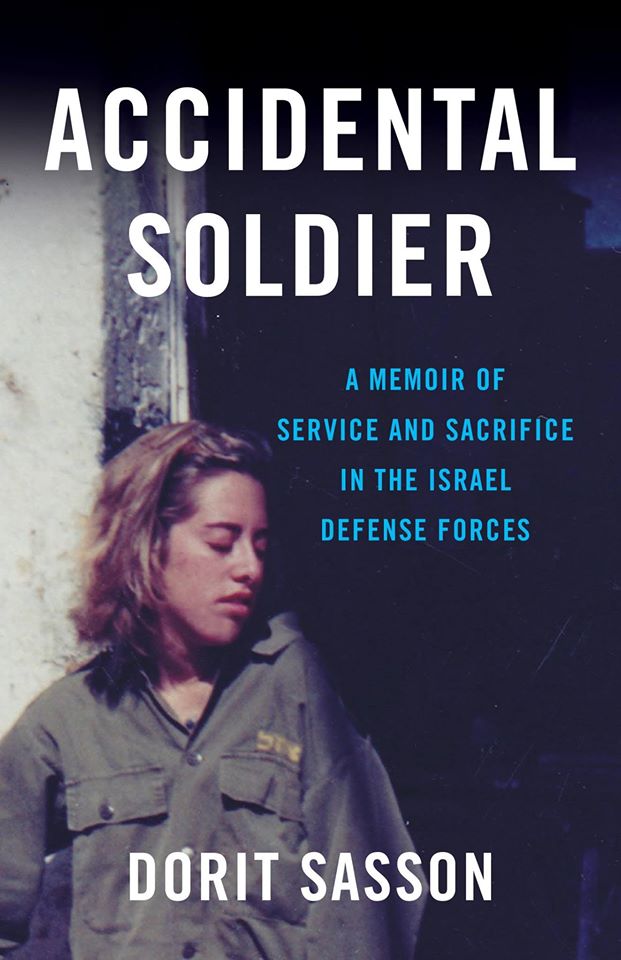I may be an SEO consultant in Pittsburgh but I’ve been helping businesses and companies worldwide grow and get discovered with the right keyphrases and keywords.
Content is “KING” in SEO.
Here’s how my SEO writing brain thinks:
- I think like a person, not a robot. I write for people – your target audience’s pain points, not Google. Yes, search rankings are important, but I need to get to know your target audience first.
- I write and think like a consumer. I know how people read and digest content. I research the themes and topics that concern the people you are trying to reach are looking for. I read existing content on these topics.
- I think “big picture.” I am the “brand whisperer” already souping up on-page and off-page SEO opportunities that can really drive traffic and build trust.
- I am a data digger and detective. I don’t stop until I find those golden keywords and keyphrases that help your content stand out and build the credibility you’re looking for.
- I am your biggest cheerleader and brand advocate. Because I am not a company, and because I’m objective and distant, I get to know your brand and content quickly so I can personalize my work.
These 3 case studies showcase my SEO digital chops in 3 main areas: business/SEO strategy, creativity, and writing.
Learn more about my SEO Consultant work and how I’ve successfully supported businesses:
Mini-Case Study #1: Implementing SEO best practices and renewing results to support the category of business

The meta fields of the fall protection for MSA – Mine Safety Appliances were not optimized when I worked as an SEO content strategist in 2018. After taking the time to research the 1500+ product pages across safety categories on the website as well as the target audience, (heck – I didn’t come from the world of flame detectors and ionizations!) I asked questions about the features and benefits. Using the robust SEO tool Conductor, I performed keyword research, analyzing results for both Google U.S. and Google U.K – MSA’s primary markets.
I then summed up the results in Excel identifying the primary and secondary keywords as competitive enough to go after. After optimizing meta descriptions, I increased online traffic across product categories by over 75%.
Mini-Case study #2: Using marketing and creativity to tackle a major marketing problem facing authors and entrepreneurs
 In 2019, I designed a four-week online course entitled Connect and Convert to address the growing needs of authorpreneurs and entrepreneurs who had trouble identifying and converting their target markets. I taught a webinar for a number of publishing companies including the award-winning hybrid company She Writes Press about how to get more traffic to a website using SEO and keyword research. Out of the 400+ authors who either listened to the call either live or via the replay for the first time, 5 signed up on the spot (in real-time) for the course.
In 2019, I designed a four-week online course entitled Connect and Convert to address the growing needs of authorpreneurs and entrepreneurs who had trouble identifying and converting their target markets. I taught a webinar for a number of publishing companies including the award-winning hybrid company She Writes Press about how to get more traffic to a website using SEO and keyword research. Out of the 400+ authors who either listened to the call either live or via the replay for the first time, 5 signed up on the spot (in real-time) for the course.
During the four weeks of that online course, I taught the principles of keyword research, how to define a niche and SEO best practices. Authors and writers implemented the strategies and within a month, they noticed an uptick in traffic and people commenting on their blogs. Authors expressed the need for a coaching package so I designed a customized coaching package where I’d do the keyword research for them and provide recommendations on how to optimize their websites even more.
 Doing keyword research for my author client Renee Linnell and her memoir The Burn Zone helped her clarify her target audience and how to show up on Google. Previously she was posting on social media and blogging without a clear idea of her exact message or target market. As a result of targeting her market niche, her organic traffic increased by 50%. She already had a highly engaged fan base. Now the people she was trying to target online could find her!
Doing keyword research for my author client Renee Linnell and her memoir The Burn Zone helped her clarify her target audience and how to show up on Google. Previously she was posting on social media and blogging without a clear idea of her exact message or target market. As a result of targeting her market niche, her organic traffic increased by 50%. She already had a highly engaged fan base. Now the people she was trying to target online could find her!
Mini- Case Study #3: Optimizing keyword-driven content creation for my own site DoritSasson.com or Giving Voice to Your Courage

When I first did some market research as a memoir writing coach and SEO content specialist, I realized I needed to spend time understanding my niche.
I discovered the following:
- [SEO], on its own, is not a viable keyword because it’s so very competitive. But [authorpreneurs] actually is, mostly because of how specific and “niche-y” it is.
- I created a long-tail search phrase by combining them both – [seo for authorpreneurs] and that’s where I started getting my SEO Google-juice and positioning both in the headlines and the meta fields of the various articles I wrote. I started weaving a very specific keyphrase (and topic) to reach a niche audience — which was good and led me to dominate for the term. I also alternated with the synonym [author] which was perfect.





Connect with Dorit